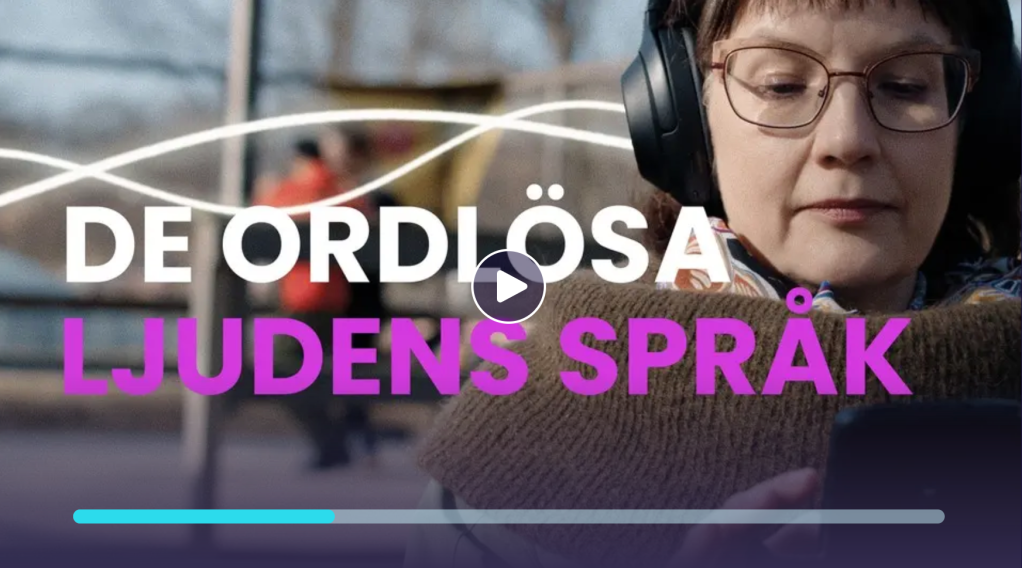This website began as the online outreach location for the Non-Lexical Vocalizations project. Non-lexical vocalizations are the sounds we make that we don’t typically call ‘words’ – oops, um, ow, and so on, as well as less conventional sounds like grunts of strain, pain, and pleasure! We study how these sounds occur in real, everyday interactions, and try to understand how we humans organize our bodies and our voices to communicate clearly and understandably.
We made this introductory video on non-lexical vocalizations:
Our project is funded by the Vetenskapsrådet/Swedish Scientific Council (VR 2016-00827). Our summary abstract for this grant proposal was:
One of the essential assets of human beings is our ability to coordinate action and collaborate in shared tasks. This project studies vocal practices for achieving embodied coordination in real time, with a focus on non-lexical vocalizations, such as ugh, aargh. Targeting the liminal boundary between body and language, individual voice and intersubjectivity, a dialogical theory of language and mind will be empirically contextualized in the temporal organization of coordinated multimodal action. It problematizes the traditional boundaries of linguistics where uses of voice such as grunts and groans are not treated as part of the lexicon. By starting from some of the most down-to-earth human activities and analyzing these with the cutting-edge methods of multimodal interaction analysis, the project aims to disclose the basic temporal organization of action through the closely coordinated deployment of linguistic-vocal and embodied semiotic means (Goodwin 2000; Keevallik 2013). In contrast to the majority of interaction research that focuses on the sequential formation of action (Levinson 2013), the current project targets simultaneity and the continuous unfolding and mutual recalibration of interpretable action.
For further information, we recommend looking at some places we have shown up in the news:
On non-lexical vocalizations at UR (Swedish educational broadcasting company), 2022, featuring Leelo Keevallik, in Swedish/på svenska:

https://urplay.se/program/229034-sverige-forskar-de-ordlosa-ljudens-sprak
On sound design for autonomous buses, based on our research and Hannah Pelikan’s thesis, 2023, Cornell News, in English:

https://news.cornell.edu/stories/2023/04/autonomous-bus-sounds-its-all-about-when-not-how
Further on Pelikan’s thesis, på svenska/in Swedish, 2023, Elektronik Tidningen: https://etn.se/index.php/nyheter/70121-doktorsavhandling-hon-vill-lara-robotar-interagera-med-ljud.html
On how we research the details of interaction, 2020, in either Swedish or English (på svenska eller engelska), from LiU Magazine
https://liu.se/en/news-item/de-granskar-vart-samspel-i-detalj
